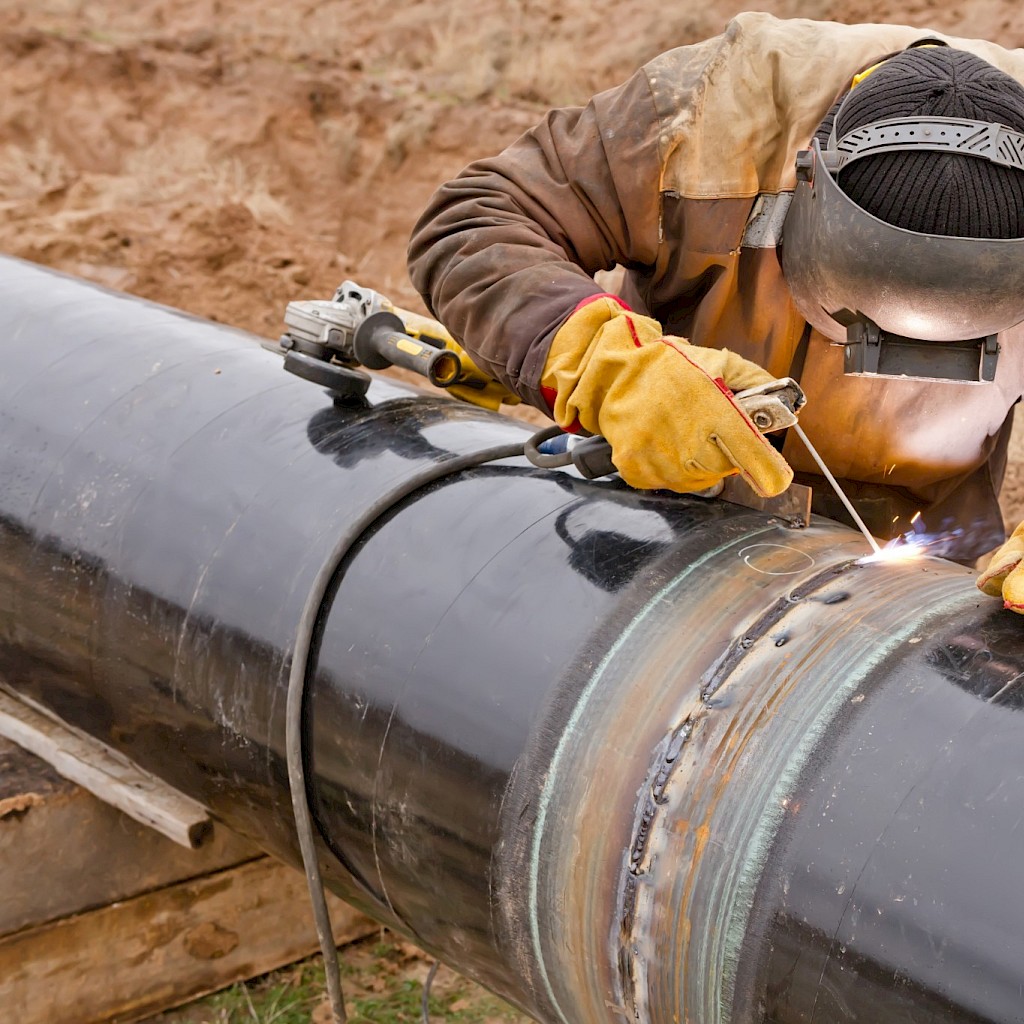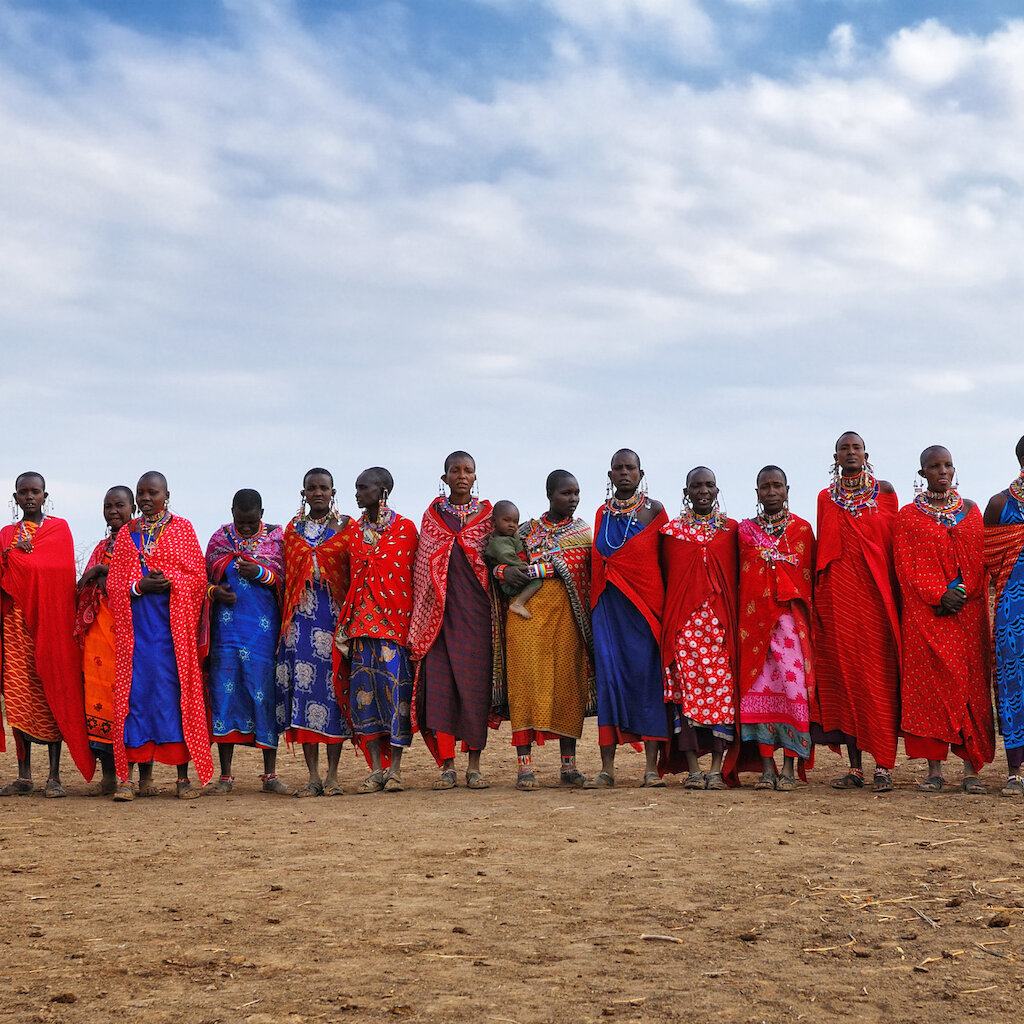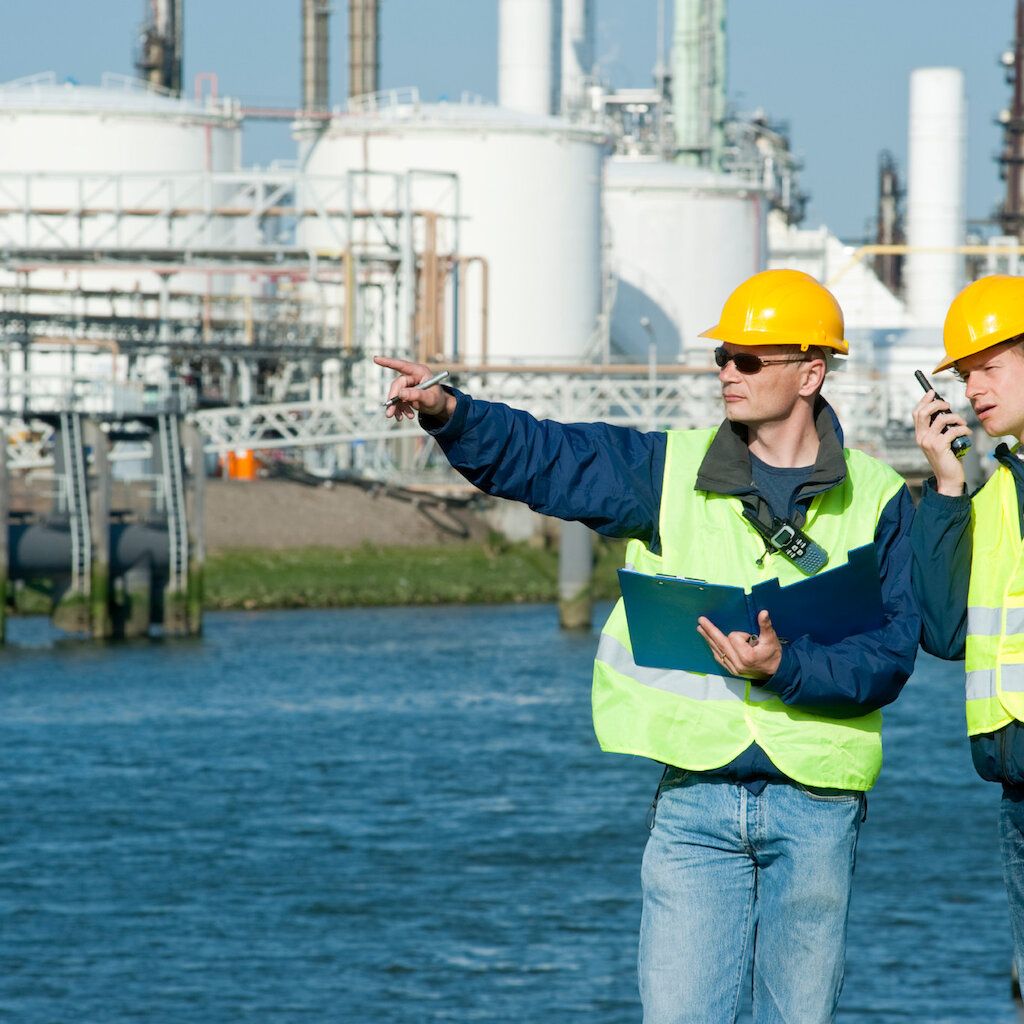Ipieca, jointly with the International Association of Oil and Gas Producers (IOGP), provides members with a forum where they can identify, debate and share best health practices and concerns. Ipieca encourages the adoption of new approaches to enhance the health outcomes of oil and gas industry employees and the communities in which they operate. This extends beyond protection, to an obligation to proactively help employees remain healthy, as well as offering health and lifestyle services and infrastructure to surrounding communities, where the industry is often a major presence and employer.
Many people in the oil and gas industry work in extreme climates and difficult environments where the health risks can range from disease to the presence of potentially hazardous chemicals.
COVID-19
Ipieca is playing a critical role in convening its members, and key stakeholders around this issue, to exchange information, facilitate peer-learning and collaboration to slow the spread of the virus.
See Ipieca member responses to COVID-19 here.
Occupational health
Ipieca works with the oil and gas industry across a wide range of issues to develop ways to prevent both adverse workforce health impacts and to enhance health outcomes.
Our work focuses on a systematic approach to protecting workers’ health through a number of areas, such as:
- health risk assessments;
- controlling substance abuse;
- managing health for field operations in oil and gas activities; and
- drilling fluids and health risk management.
Another focus area is fatigue and stress. The oil and gas industry operates around the globe and has a number of unique characteristics which can contribute to fatigue. This may include challenging work environments, fly-in fly-out operations, time zone changes, 24/7 operations, shift-work and transportation work. A full range of fatigue resources including information on fatigue management in the workplace and driver fatigue can be found on the IOGP website.
Community and public health
Ipieca works with the industry to explore ways that it can assist in achieving healthier outcomes for their host communities. This includes through offering health and lifestyle services and infrastructure. Our work formulates policy and implements best practice across the industry, including:
- health impact assessment;
- guidance on malaria and vector-born disease management, and
- response to HIV/AIDS.







